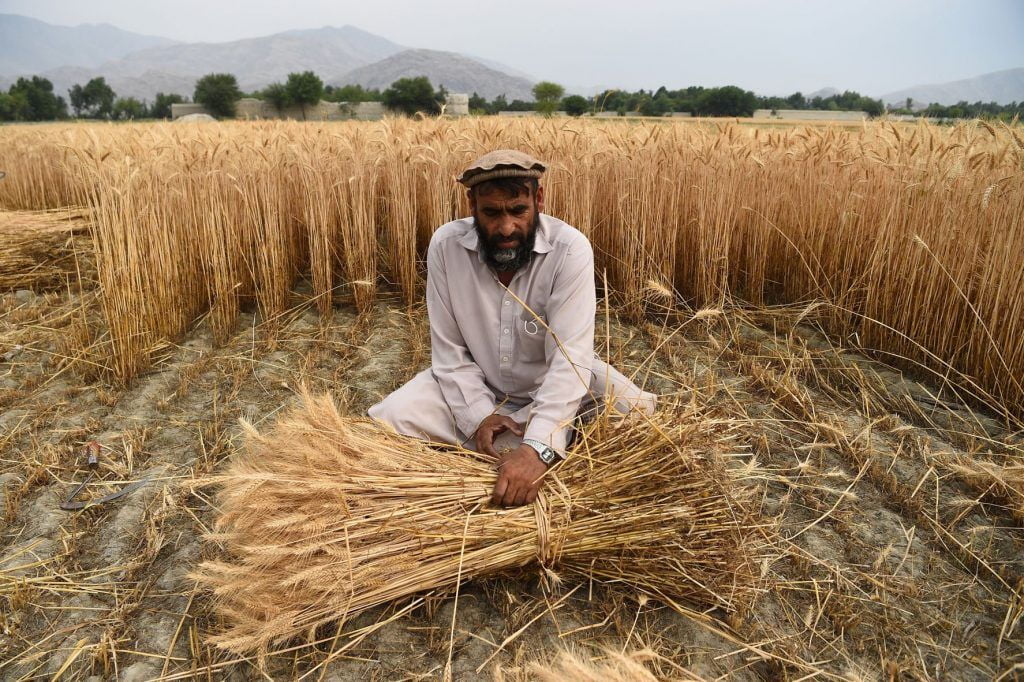The U.S. Trade Representative (USTR) noted that biotechnology helps reduce food insecurity.
From its perspective, modern biotechnology can significantly increase agricultural production by protecting plants from factors that reduce yields, such as pests, diseases, spoilage, climate change and extreme weather conditions.
Up to 40% of the world’s agricultural production is lost annually to pests, says the USTR.
To defend a case of restrictions on corn imports to Mexico, the USTR made these positions in a dispute settlement panel under the Mexico-U.S.-Canada Agreement (USMCA).
In addition, USTR notes that the Food and Agriculture Organization of the United Nations (FAO) has estimated that, each year, plant diseases cost the world economy more than $220 billion, and invasive insects cost the world economy at least $70 billion.
Losses are particularly high in the developing world.
According to FAO, food security exists when «all people, at all times, have physical and economic access to sufficient, safe and nutritious food that meets their dietary needs and food preferences» and encompasses four dimensions: availability, access, utilization and stability.
Food insecurity
The effects of climate change (declining yields, unstable water supply, and emerging plant diseases), in addition to a higher incidence of extreme weather events, have placed increasing pressure on all four dimensions of food security, especially for those in the developing world.
Moderate to severe food insecurity has been increasing globally since 2014.
About 2.4 billion people in the world (29.6%) were moderately or severely food insecure in 2022, of which approximately 900 million (11.3% of the world’s population) were severely food insecure.
For the USTR, biotechnology is considered one of the most cost-effective and environmentally sound methods to address this problem.
It also refers that the report Transgenic Plants and World Agriculture, prepared by seven national and international science academies, including the Mexican Academy of Sciences, concluded that modern biotechnology has a role to play in addressing global food insecurity.
Another fact highlighted by USTR: more than 100 Nobel laureates (41 in medicine, 25 in physics and 34 in chemistry) have joined together to promote GM crops as a safe way to meet the demands of a growing world population and to denounce misinformation about GM food products.

